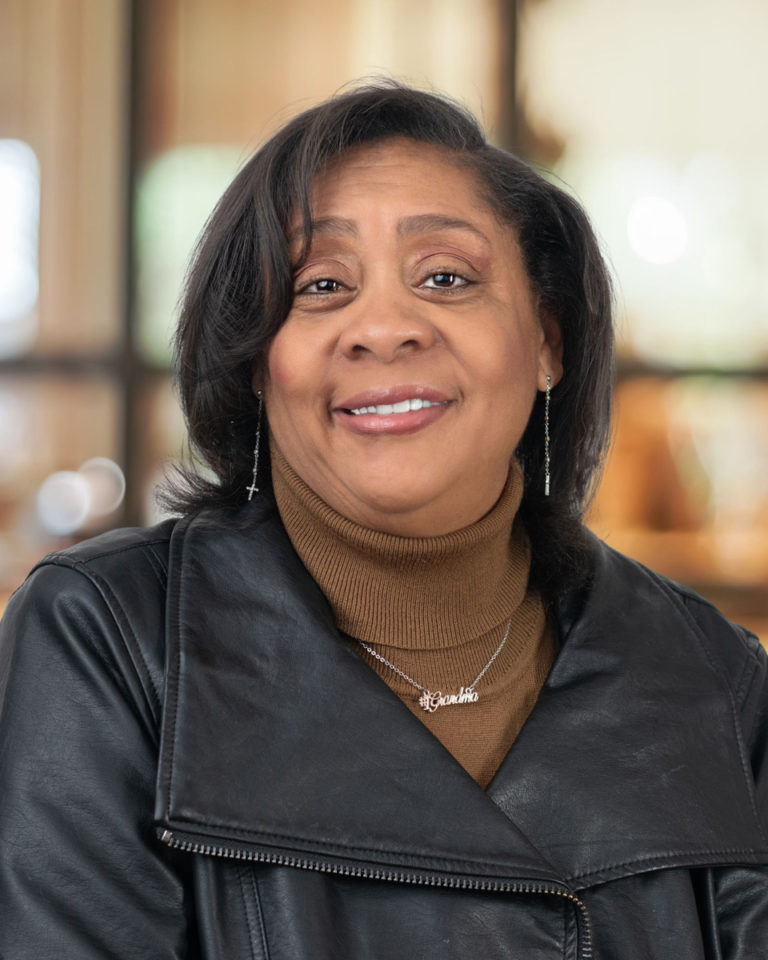Marian Lee Robinson is currently a full time LCSW with Included Health, Teladoc, and Amwell Medical Group/Converge working as telehealth mental health therapist with licenses to practice in five states: Pennsylvania, New Jersey, Maryland, Virginia and District of Columbia. Marian is the owner of Liberty Therapeutic Services, LLC. She earned her Bachelor of Science degree in Social Work at Eastern University in 2000 and her Master of Social Work degree with a concentration in clinical practice specializing in children and families at Fordham University in 2002.
Marian began her social work career working at a foster care agency conducting home studies and after obtaining her master’s degree began working as a home health medical social worker providing social work services to the aging population. With over 21+ years of experience in social work, Marian has worked with older adults, adults, adolescents, children, families, and couples in various social service and clinical settings. Marian is a member of the National Association of Social Workers (NASW), National Association of Christian Social Workers (NACSW), and field instructor and advisor for Rutgers University in New Jersey and Widener University in Chester, Pa.
Marian’s research interests include aging and mental health disorders, clinical use of technology and older adults, and promoting mental health literacy. Marian’s capstone project focuses on understanding how mental health treatment barriers impact treatment engagement and outcomes among older adults with a mental health disorder: using technology to improve the quality of life and mental health of older adults in later life.


